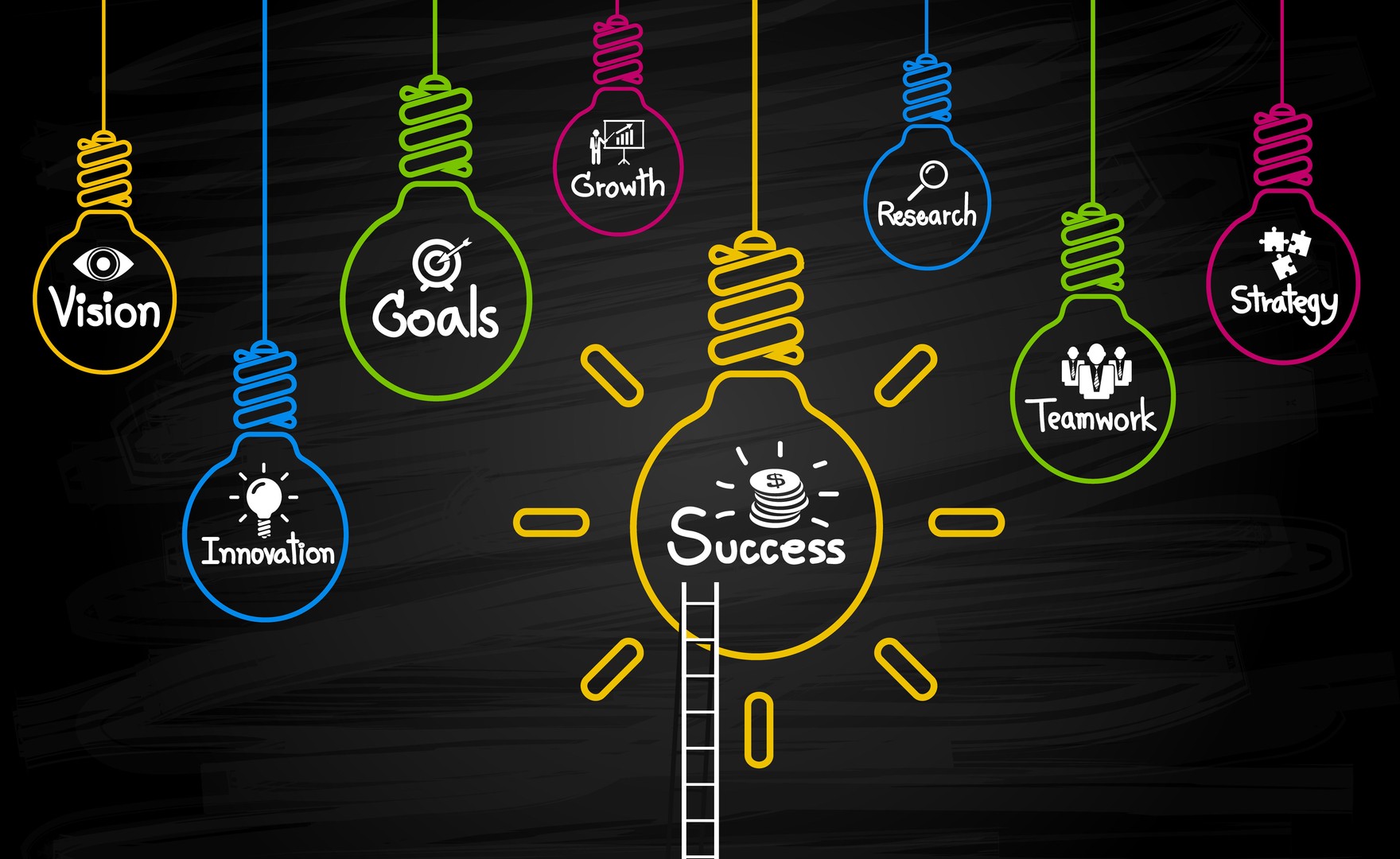The AoEC’s consultancy services are offered to organisations and feature a portfolio of tailored coaching based solutions and products that can serve to address a multitude of issues facing both large and small businesses today.
Nurturing growth in the workplace: learning, development and the power of coaching
2nd October by Karen Smart
Reading time 3 minutes

In today’s fast-moving world of work, staying relevant and adaptable is paramount for both individuals and organisations. Two key concepts that underpin personal and professional growth are learning and development, each with their unique virtues and implications in the workplace. Here we take a look at how coaching serves as a potent catalyst in harnessing these virtues to support workers in their journey toward success.
Learning – the foundation of workplace competence
Learning, in the context of the workplace, is akin to building the foundation of a sturdy structure. It involves the acquisition of new knowledge, skills and competencies that are essential for performing your current job effectively.
Learning in the workplace is characterised by the following features:
Relevance and mastery – learning focuses on acquiring job-specific skills and knowledge. It empowers employees to excel in their current roles, ensuring that they have the tools needed to perform tasks competently and efficiently.
Short-term objectives – learning often centres on short-term objectives such as mastering a new software programme or understanding a specific industry regulation. It addresses immediate needs and goals, allowing them to contribute effectively to their teams.
Self-directed learning – employees are often encouraged to take responsibility for their own learning. They seek out resources, attend workshops or engage in online courses to acquire the necessary skills and knowledge.
Development – the path to professional evolution
Development on the other hand transcends the boundaries of immediate job performance. It represents a journey of personal and professional evolution, shaping individuals into more capable, adaptable and resilient workers.
Development at work is associated with the following strengths:
Holistic growth – development takes a holistic approach, considering not only job-specific skills, but also emotional intelligence, leadership capabilities, self-awareness and values. It empowers employees to become well-rounded team members who can thrive in diverse roles and situations.
Long-term perspective – unlike learning’s short-term focus, development is a continuous, long-term process. It is an investment in an employee’s future, helping them prepare for evolving roles and responsibilities as they climb the career ladder.
Organisational alignment – it aligns employees’ growth with the organisation’s goals and vision. It cultivates leadership skills, fosters innovation and encourages individuals to contribute to the company’s long-term success.
Coaching – the catalyst for learning and development
Coaching emerges as powerful voice in fostering both learning and development in the workplace. It serves as a bridge between acquiring new skills (learning) and evolving as a professional (development).
Here is how coaching harnesses the strengths of both:
Personalised support – coaches tailor the approach to meet the unique needs and objectives of each colleague. Whether it is about acquiring new technical skills or enhancing leadership qualities, coaching provides a personalised roadmap.
Accelerated learning – in the learning realm, coaches can provide valuable insights and feedback, helping employees grasp new concepts and skills more rapidly. They provide a supportive and safe environment for people to overcome challenges and gain confidence.
Facilitating growth – for development, coaching goes beyond the surface level. Coaches delve into an employee’s values, beliefs and goals, supporting them on a path of self-discovery and inspire them to stretch their boundaries.
Accountability and progress tracking – coaching can help employees set clear goals and hold them accountable on their progress. This ensures that both learning and development objectives are pursued systematically and effectively.
Building resilience – in a fast-changing workplace, coaching equips individuals with the resilience and adaptability needed to thrive. It helps them embrace challenges as opportunities for growth and fosters a mindset of continuous improvement.
Learning and development are twin pillars of personal and professional growth in the workplace. Learning provides the skills and knowledge needed for immediate job performance, while development shapes people into adaptable, well-rounded professionals prepared for the challenges of the future. Coaching as a versatile tool, bridges the gap between these two pillars, offering support to accelerate learning and facilitate long-term growth. In a world where change is constant, coaching emerges as an invaluable asset, enabling individuals and organisations to stay agile and thrive in the ever-evolving landscape of the modern workplace.
Article
“Why am I such a loser!” – Time to change the narrative
22nd July 2024 by Karen Smart
The above is one of many horrible things I might say to myself on a bad day, or when I…
Article
Why every professional coach needs to be aware of systems thinking
22nd July 2024 by Lee Robertson
Plotting a course through the complexity, rapid change, uncertainty and overwhelm of today’s business climate requires a fundamental approach –…
Article
The rising importance of team coaching in modern workplaces
22nd July 2024 by Lee Robertson
Recent research, such as the Atlassian State of Teams 2024 report, reveals that teams are busier than ever but are…